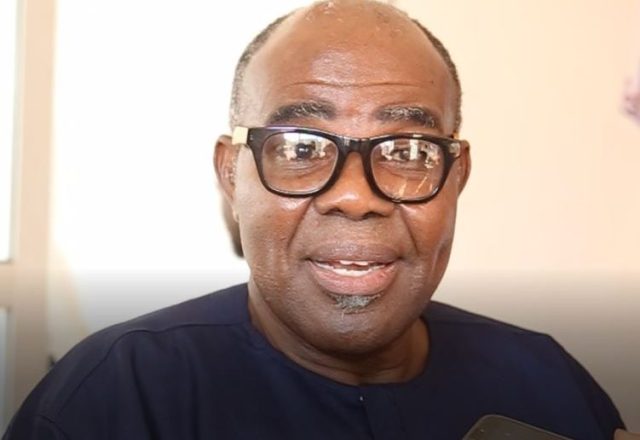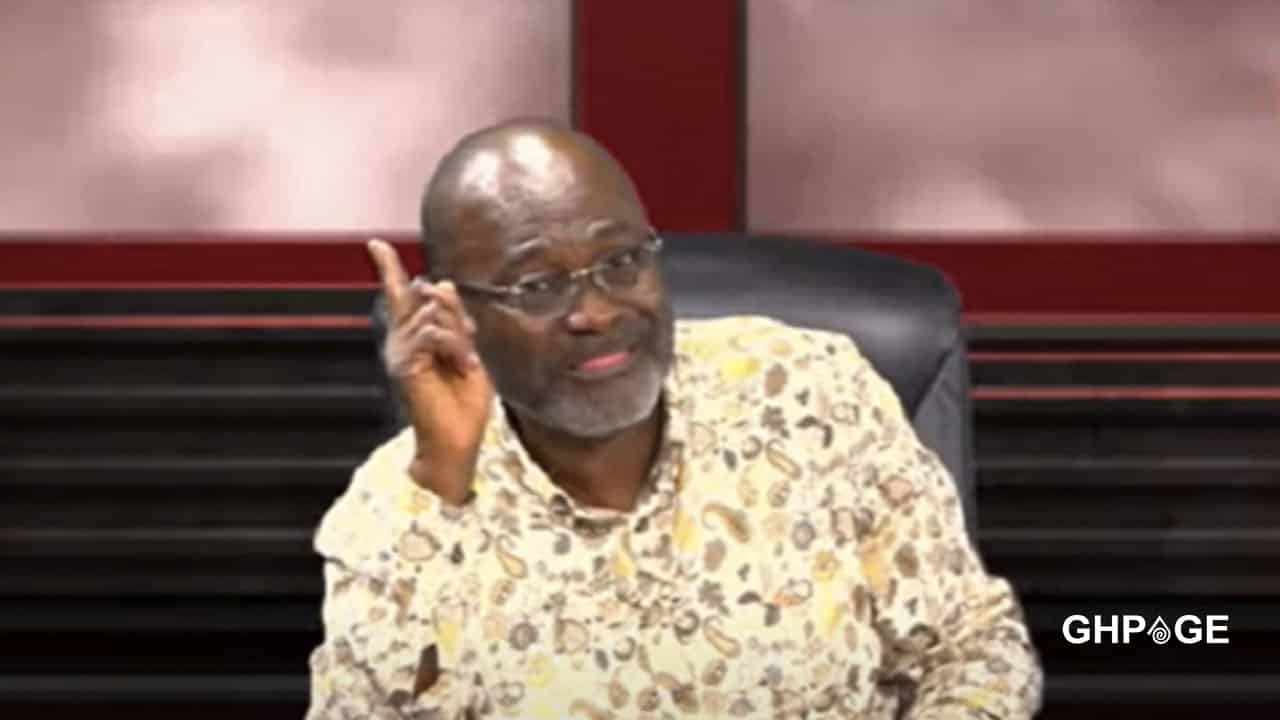Former Attorney General Nii Ayikoi Otoo has challenged Ghana’s Office of the Special Prosecutor (OSP) to adopt a more disciplined, evidence-driven approach in its high-stakes investigation of ex-Finance Minister Ken Ofori-Atta, cautioning against public grandstanding that risks undermining legal credibility.
Speaking on Asaase Radio’s The Forum on Saturday, Ayikoi Otoo criticized the OSP’s decision to declare Ofori-Atta a fugitive, arguing the move lacked legal grounding and exposed procedural overreach.
“The person has the right to remain silent. If you only want him to help with investigations, how do you declare him a fugitive when you know where to find him?” Ayikoi Otoo asked, questioning the OSP’s rationale. “An accused can simply say he has nothing to say. He could deny all charges, and that wouldn’t stop the OSP from continuing investigations or even prosecuting him in absentia.”
His remarks follow the OSP’s announcement last week that Ofori-Atta, currently abroad, had “evaded investigations” into allegations of financial misconduct during his tenure, including claims that $58 million in state funds were improperly funneled into the stalled National Cathedral project. Special Prosecutor Kissi Agyebeng vowed to “take all necessary steps” to secure Ofori-Atta’s return, but Ayikoi Otoo argued the agency’s tactics lacked the restraint demonstrated by the Attorney General’s office.
“The Special Prosecutor is a creature of statute, so anytime he acts, he should endeavor to show us his authority,” he said. “If seasoned professionals were handling these investigations, the SP wouldn’t always be the one publicly announcing actions. We don’t see the AG doing that—they let the police gather evidence and build a docket.”
Ayikoi Otoo, who served as AG from 2006 to 2007, emphasized that the OSP’s primary focus should be compiling airtight evidence rather than courting headlines. His critique echoes mounting concerns over the office’s reliance on public declarations, which critics argue could prejudice cases or alienate stakeholders. The declaration of Ofori-Atta as a fugitive, despite no formal charges being filed, has drawn particular scrutiny. Legal analysts note that Ghanaian law permits prosecutors to try individuals in absentia, rendering the “fugitive” label legally ambiguous in this context.
The OSP has yet to clarify whether it intends to formally charge Ofori-Atta or simply compel his testimony. The former minister has denied wrongdoing, calling the cathedral allegations “baseless,” but his prolonged absence has fueled speculation. Supporters argue the OSP is right to pursue accountability for one of Ghana’s most contentious projects, while opponents accuse Agyebeng of politicizing his office.
Ayikoi Otoo’s intervention underscores a broader debate about the balance between aggressive anti-corruption enforcement and adherence to procedural norms. As the OSP navigates its mandate, the agency faces a critical test: whether its methods will bolster public trust or deepen perceptions of overzealousness. For now, the spotlight remains on whether Agyebeng’s office will recalibrate its strategy—or double down on a approach that risks conflating urgency with recklessness.










![[VIDEO] Agya Koo celebrates like Cristiano Ronaldo after scoring penalty](https://ghananewss.com/storage/2023/02/BeFunky-collage-2023-02-17T164545.706-scaled-100x75.jpg)







